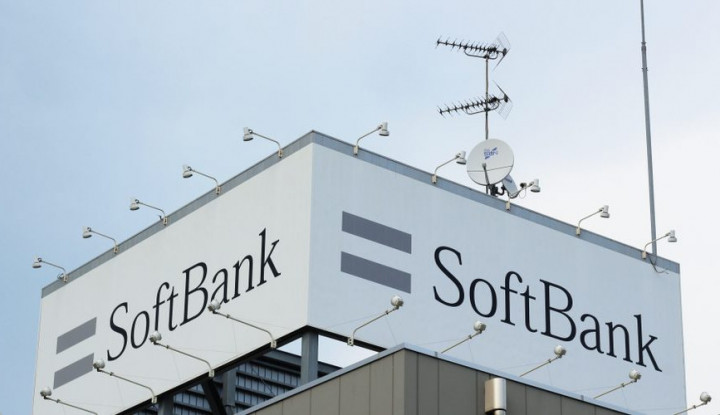SoftBank Group Corp (9984.T) is accelerating asset sales after its flagship Vision Fund unit booked nearly $50 billion in losses in just six months, but Chief Executive Masayoshi Son faces narrowing options and slumping valuations, analysts said.
Son said on Monday that he is in discussions to sell asset manager Fortress, without commenting on a valuation. SoftBank also raised $2.4 billion selling shares in T-Mobile US (TMUS.O) during the latest quarter, while unloading a variety of other holdings.
But as valuations fall, easy options for raising cash are getting harder to come by.
With SoftBank having shifted focus from operating companies to tech investing, and Son staking his reputation on generating big returns that can be recycled into further tech bets, the billionaire will be keen to avoid selling Vision Fund assets at a loss, analysts said.
"Most of the portfolio is underwater, making the case to sell harder to justify," Redex Research analyst Kirk Boodry wrote in a note. He pointed to e-commerce firm Coupang and food delivery firm DoorDash (DASH.N) as potential candidates.
Vision Fund exited a swathe of assets in the April-June quarter - including ridehailer Uber Technologies (UBER.N) and property platforms Opendoor Technologies (OPEN.O) and KE Holdings (2423.HK), which operates China's Beike - for a realised gain of $5.6 billion.
SoftBank sold the final tranche of Uber shares at a loss, Boodry calculates, and generated a total return of just $1.5 billion on the stake. Son backed the firm with an eye on autonomous driving, with SoftBank becoming the largest shareholder, but Uber abandoned its efforts to develop a self-driving car.
"SBG (SoftBank Group) is willing to monetise any asset at a reasonable price," Jefferies analyst Atul Goyal wrote in a note.
"It is a good sign for SBG shareholders, though it does not bode well for ... investee companies".
Son has sold assets in past downturns to raise cash, including the early days of the COVID-19 pandemic during which he said startups had fallen into the "valley of the coronavirus".
SoftBank agreed to sell chip designer Arm to Nvidia (NVDA.O) in 2020 but the deal later stumbled over regulatory hurdles. Son still hopes to list Arm in the United States.
The Japanese conglomerate has also cashed in on its large and liquid stake in e-commerce firm Alibaba (9988.HK) to raise funds.
Times have changed, however, with the downturn in valuations.
While SoftBank raised $17.3 billion in the last few months on its Alibaba holdings through prepaid forward contracts, the Chinese firm has lost more than two-thirds of its value from highs in late 2020.
Son has also pledged to "play defence" and on Monday laid out a further scaling back of investing activity and cost cutting across the group.
Some analysts say private asset prices may have further to fall, potentially raising the bar for efforts to generate returns, and Son said SoftBank had been in a bubble in valuations.
"(The) private book is still far more inflated than public listed assets are and hence the real downside could still be material," Jefferies analyst Goyal wrote.
While reshaping its portfolio, SoftBank has also announced a 400 billion yen ($2.97 billion) buyback of its own shares, in addition to an existing 1 trillion yen repurchase programme that is 70% complete and due to expire in November.
"It's possible the structure of the company will be reviewed, including through a management buyout, in the not too distant future," SMBC Nikko Securities analyst Satoru Kikuchi wrote in a note.









